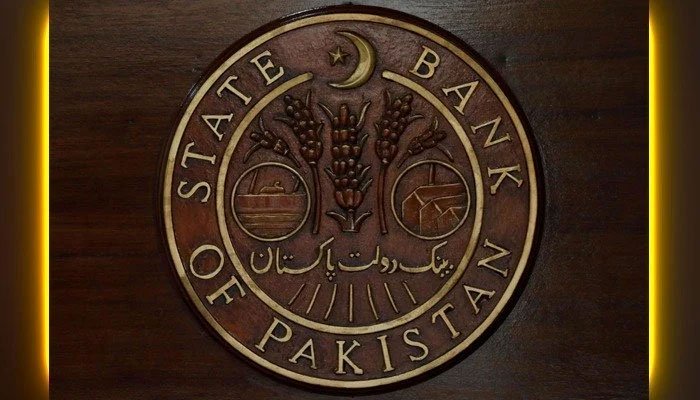
Faisalabad contributes 20% to the national economy and local businessmen must fully utilise the incentive schemes introduced by the State Bank of Pakistan (SBP) in the wake of coronavirus to expedite the process of industrialisation, said SBP Governor Reza Baqir.
Speaking in a meeting with the business community at the Faisalabad Chamber of Commerce and Industry (FCCI) to create awareness of the incentive schemes, Baqir said despite a huge share in the national economy, the response of Faisalabad’s business community to the SBP schemes was poor.
The governor stated that commercial banks avoided out-of-the-box solutions to the problems but in a pandemic-like situation these became imperative and “we are also encouraging them to resolve the issues so that negative impact of the coronavirus could be controlled and compensated as early as possible.”
Baqir told the business community that the new SBP deputy governor was working on various schemes including agricultural finance, female entrepreneurs and digitalisation. “These schemes will give a jump-start to the economy, particularly to small and medium enterprises (SMEs),” he said.
“Apart from facilitating borrowers, we want to discourage the misuse of incentive schemes,” he remarked.
Baqir pointed out that when Covid-19 started, the policy rate stood at 13.25%, which was brought down to 7% within the shortest possible time. “It will help the business community to compete with rivals efficiently.”
He apprised businessmen that currently private-sector credit stood at around Rs6 trillion and due to the cut in policy rate, borrowers would be able to save Rs470 billion per annum.
Furthermore, banks have also deferred loan installments of Rs640 billion. “About 90% SME sector is the major beneficiary of the scheme.”
Speaking about non-performing loans, he said the loan limit for sick units had been doubled, which would give them a markup benefit of Rs170 billion.
Regarding Rozgar scheme, the governor said it was the foremost duty of the central bank to save jobs of private sector employees. Hence, the State Bank launched a refinance scheme to provide loans at 3% to the employers who would keep their employees during the coronavirus-induced lockdown.
Initially, this scheme was for three months, which was later extended to six months. “An amount of Rs180 billion has been released under this scheme,” he said.
He pointed out that the Temporary Economic Refinance Scheme was launched on the pattern of Long-Term Financing Facility (LTFF). The scheme was initially for five export-oriented sectors only but later it was opened to all sectors so that they could also contribute to the revival of national economy.
“This scheme is available up to March 30, hence, businessmen must opt for the facility,” he added.
Speaking about sick units, he said banks generally avoided conflicts of commercial nature. However, the State Bank is facilitating them so that they could contribute to the rehabilitation and revival of sick industrial units.
“It will not only help Pakistan to increase its productivity and exports but will also provide jobs to the jobless youth,” he added.
The SBP governor revealed that loans worth Rs5 billion were disbursed through the help desk established at the FCCI, which played an instrumental role in securing jobs of more than 50,000 workers.
Regarding loan applications from female entrepreneurs, he pointed out that only 22% of applications came from Faisalabad.
About renewable energy, Baqir said three categories had been identified for which loans could be provided with 6% interest for a period of 10 years. He stated that the share of Faisalabad in such schemes was only 1%, which was an eye-opener for the FCCI.


















COMMENTS
Comments are moderated and generally will be posted if they are on-topic and not abusive.
For more information, please see our Comments FAQ